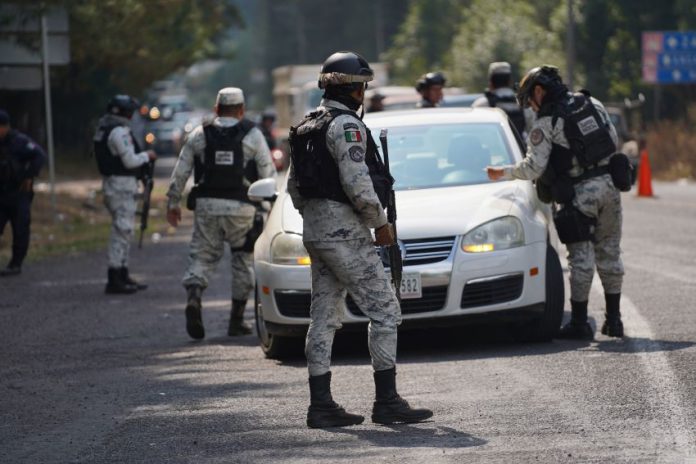The percentage of Mexicans who believe the city in which they live is unsafe was lower in late 2023 than at any other time in the past 10 years, according to the results of a recent survey.
Conducted by the national statistics agency INEGI in late November and December, the National Survey of Urban Public Security (ENSU) found that 59.1% of adults consider their city unsafe, down from 64.2% a year earlier and 61.4% in the third quarter of 2023.
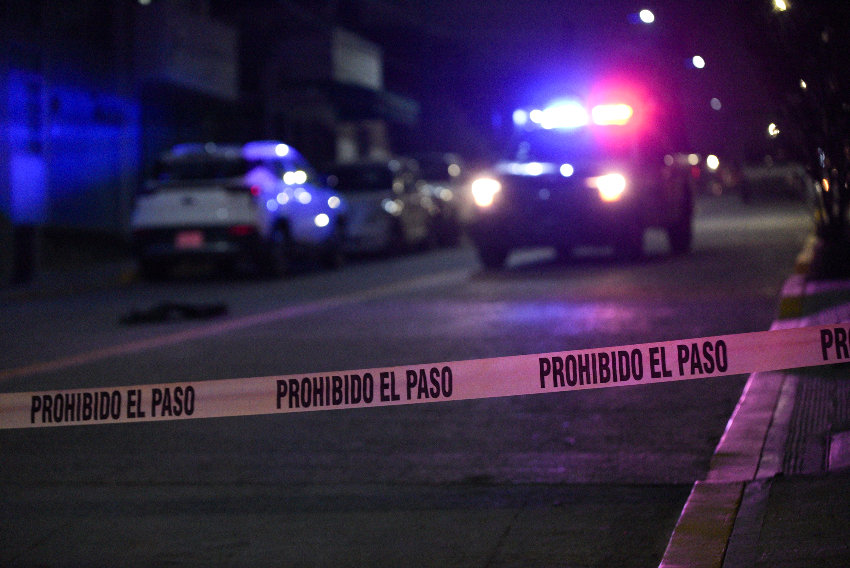
The percentage of those who classify their city as unsafe is the lowest since INEGI first conducted the ENSU in September 2013. The percentage reached almost 80% in 2017 and 2018, the final years of the government led by former president Enrique Peña Nieto.
At his Thursday morning press conference, President Andrés Manuel López Obrador described the latest ENSU results as “very good.”
He noted that citizens’ “perception of insecurity” is at its lowest level in 10 years, and declared that “people now feel that things are getting better.”
The publication of the survey results on Thursday came two days after preliminary homicide data showed that 2023 was the least violent year since 2016, although total murders including homicides and femicides once again exceeded 30,000.
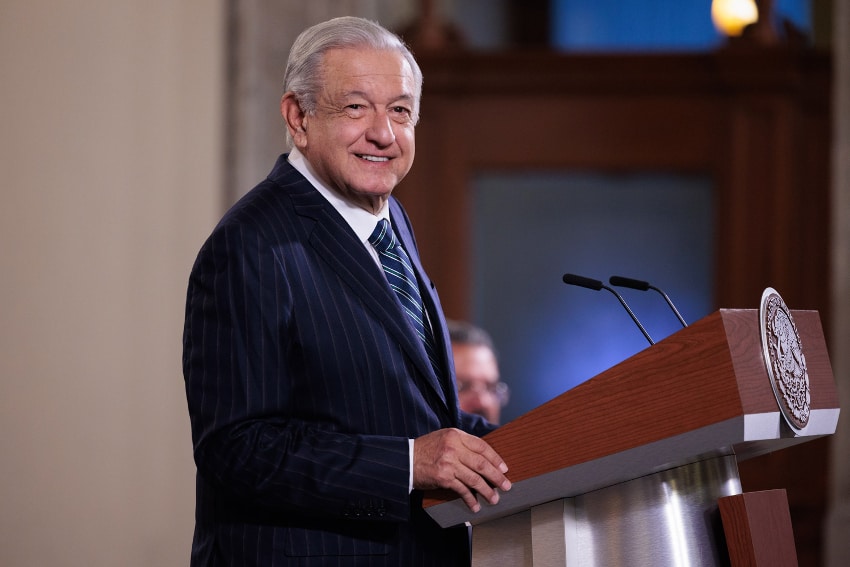
Although the decline in the percentage of people across Mexico who feel unsafe in the city in which they live is encouraging, the fact remains that close to six in 10 Mexicans have concerns about their personal safety.
Here’s a closer look at the results of the most recent ENSU, to which the occupants of almost 28,000 homes across 74 cities (including all 16 boroughs of Mexico City) responded.
(INEGI said it wasn’t possible to carry out the survey in Acapulco in late 2023 due to the destruction caused by Hurricane Otis).
Safety concerns are more prevalent among women than men
Almost two-thirds of female respondents to the survey — 64.8% — said they believe the city in which they live is unsafe, while the figure among men was considerably lower at 52.3%.
It is unsurprising that women feel unsafe in the cities in which they live in greater numbers than men given the prevalence of violence against women in Mexico.
There were 848 murders classified as femicides last year, while many other women were killed in crimes classified as homicides. An average of around 10 women are murdered every day in Mexico.
While the percentage of women with personal security concerns remains high, the figure derived from the latest ENSU is the lowest on record.
Which cities have the highest and lowest percentages of residents with personal security concerns?
Well over nine in 10 surveyed residents of Fresnillo, Zacatecas — 96.4% — consider their city is unsafe.
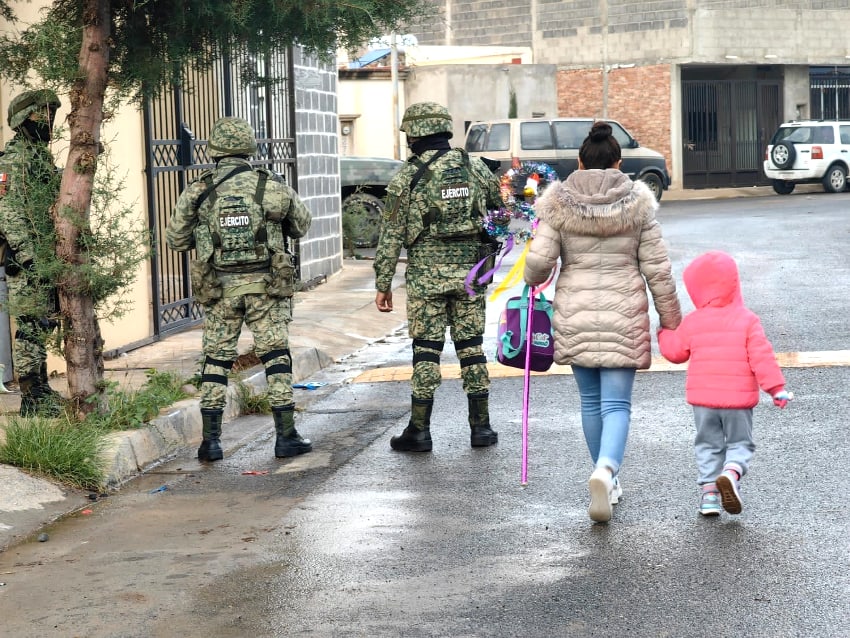
Located about 60 kilometers north of Zacatecas City, Fresnillo has been plagued by violent crime in recent years. The results of each of the four ENSUs in 2023 showed that the city of some 240,000 people was considered unsafe by over 90% of residents.
Data compiled by the website elcri.men shows that Fresnillo recorded 166 homicides last year for a per-capita homicide rate of 67.2. The per-capita murder rate made it the 42nd most violent municipality in Mexico.
The cities with the next highest percentages of residents with personal security concerns were:
- Naucalpan, México state, considered unsafe by 91% of surveyed residents.
- Uruapan, Michoacán, 89.9%
- Ecatepec, México state, 88.7%
- Zacatecas City, 87.6%
- Cuernavaca, Morelos, 85.7%
The cities with the lowest percentages of residents with personal security concerns were:
- The Mexico City borough of Benito Juárez, 15.2%
- Puerto Vallarta, Jalisco, 19.4%
- Piedras Negras, Coahuila, 20.5%
- Mérida, Yucatán, 22.2%
- La Paz, Baja California Sur, 22.4%
- Los Cabos, Baja California Sur, 23.2%
The places where Mexicans most commonly feel unsafe
Just over 70% of respondents reported feeling unsafe while using ATMs on the street, while 64.1% expressed security concerns about traveling on public transport.
More than 50% of respondents said they felt unsafe at the bank, on the streets they regularly use, and on the highway.
Crime and anti-social behavior
Six in 10 respondents said they had seen people drinking in the street during the final quarter of 2023, 50.2% reported having witnessed a robbery or mugging, around four in 10 told INEGI they had seen people buying or consuming drugs and 38% reported having heard frequent gunshots.
Just under a quarter of respondents said they had witnessed some kind of gang activity in the city in which they live, while just over a quarter said that at least one member of their household had been a victim of robbery or extortion in the second half of 2023.
Opinions on security forces
The Mexican Navy is the country’s most effective security force, according to the results of the latest ENSU. Over 85% of respondents said they believe the navy is very or somewhat effective in preventing and combating crime.
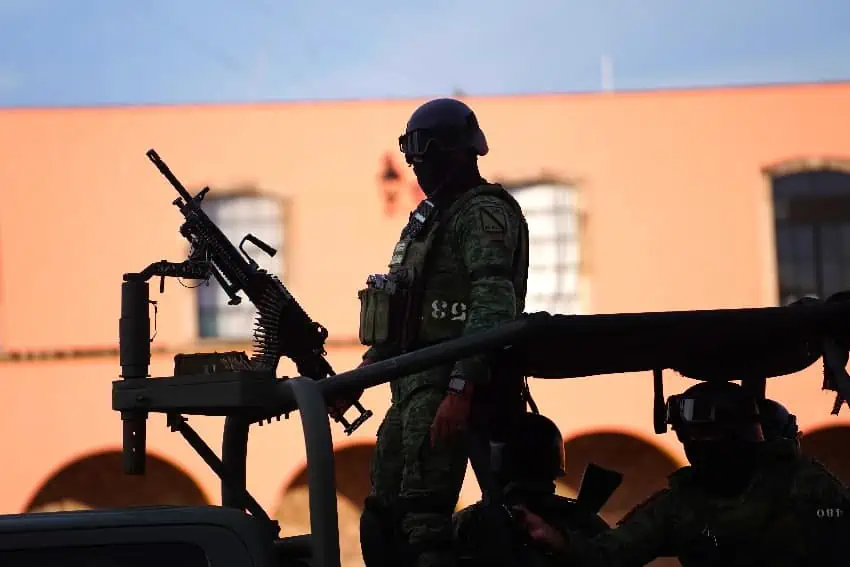
A slightly lower 83.5% of those polled said the same about the army, while the figure for the National Guard was 74%.
Just over 54% of respondents said that state police forces are very or somewhat effective in preventing and combating crime, while 48.6% said the same about municipal police.
López Obrador, who has relied heavily on the military for public security tasks, highlighted the positive results for the federal security forces at his morning press conference.
Citizens’ security expectations
Around one-third of survey respondents — 32.9% — said they expected the security situation in their city to remain “just as bad” during the next 12 months, while 23.4% predicted a deterioration.
Just over one in five of those polled — 22.7% — said they expected security to improve in their place of residence during the next 12 months, while 19.5% anticipated that the situation would remain “just as good” as it currently is.
With reports from El Economista, Debate and López-Dóriga Digital
